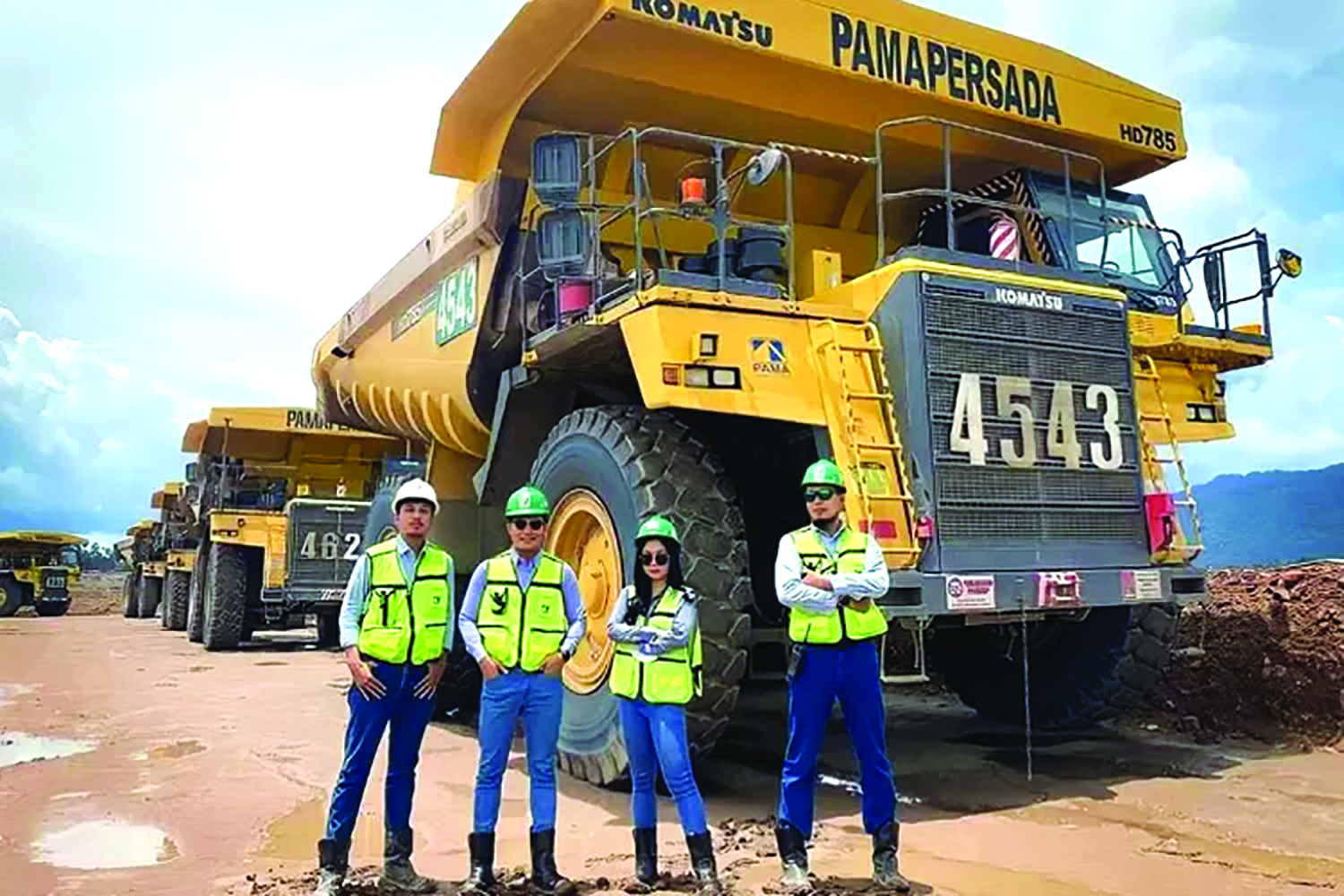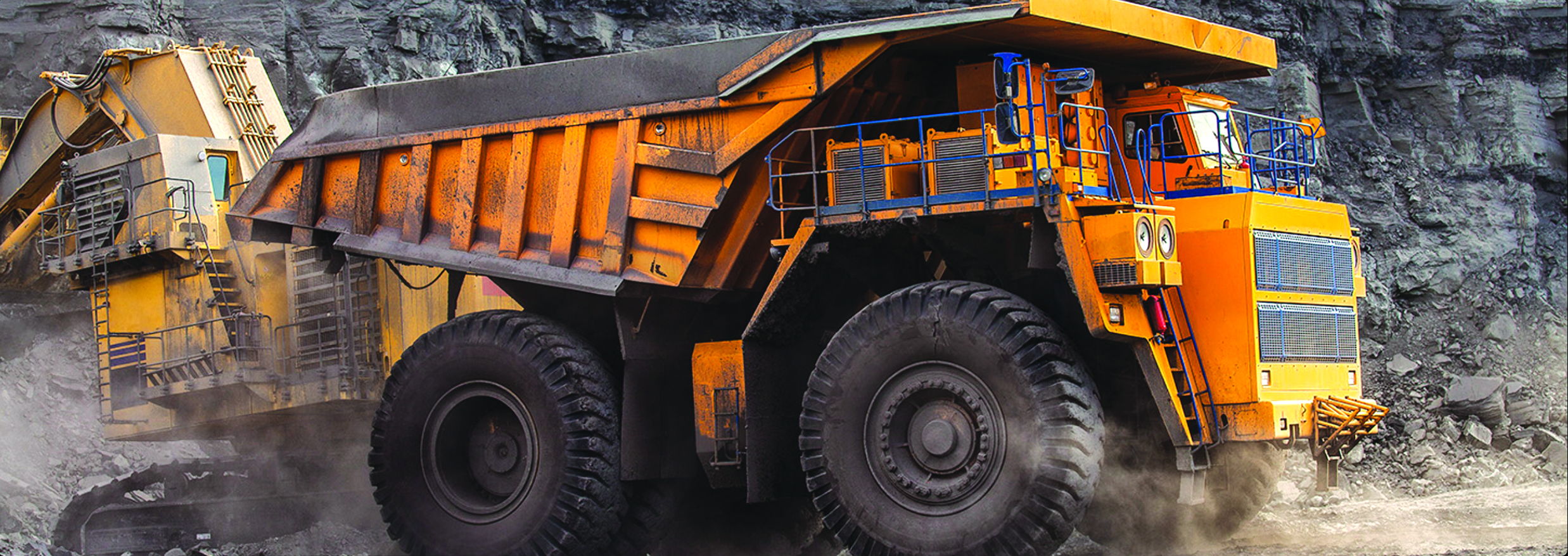
After implementing an advanced fuel analytics program at one of its mines, an Indonesian company found that the top 25% of haul truck drivers using the program’s recommendations saved up to 6.5% in fuel and carbon emissions, while improving cycle times by 5.6%. (Photo: PT Pamapersada)
One of Indonesia’s largest mining contractors has partnered with British technology and engineering company, McLaren Applied, to expedite the process of decarbonizing its operations.
PT Pamapersada Nusantara’s (PAMA) fleet of haul trucks carry 100-ton payloads over steep, uneven ground, operating in a dynamic environment. Variables such as payload, weather, terrain and route all affect the driving technique required to ensure maximum efficiency. With fuel representing 25%-30% of a mine’s operating expenses, any gain in efficiency can have a large impact on pollution, productivity and costs.
According to McLaren Applied, the application of accurate, real-time fuel analytics can provide a cost-effective way to influence both consumption and emissions, increasing efficiency and accelerating decarbonization. The company said that while traditional fuel analytics can only provide mine managers with performance reports for the previous day or shift – too late to keep pace with the rapidly changing situation – its Fuel Analytics Service is more advanced, using Formula 1-derived technology to collect detailed live data from multiple sensors onboard PAMA’s fleet, transmitting it to cloud-based servers and using it to inform a machine learning-based algorithm. The Fuel Analytics Service references the data received against a full digital model of the mine, using specially developed AI tools to instantaneously calculate what changes the driver should make to optimize fuel efficiency.
Learning from the behaviors of the most efficient drivers over the last three days’ worth of data, the model instructs vehicle operators in real time, offering live feedback to ensure optimal driving. With different drivers’ styles better suited to various aspects of the dynamically changing environment, the most efficient among them may not always be the same, providing all employees with an opportunity to learn and improve.
The latest information is used to regularly re-train the model, providing recommendations for each new shift. The compound effect of this feedback loop, said McLaren Applied, means that individual drivers that follow the recommendations become more efficient. This, in turn, helps the algorithm teach the entire group to match their improved results.
Only those drivers objectively analyzed to be performing less efficiently require manual intervention from mangers, saving time and money by allowing better-performing employees to continue working while lower performers benefit from more focused training.
Since implementing Fuel Analytics Service on the trucks at its MTBU mine, data has shown fuel savings of up to 4.5% across the selected cycles or routes versus a control group of drivers not yet using the system. Extrapolated across the total fuel required to operate PAMA’s mining operations each year, the potential for immediate and impactful efficiency gains is clear, according to McLaren Applied.

When examined more granularly, the top 25% of PAMA’s drivers using Fuel Analytics were found to save up to 6.5% in fuel and carbon emissions, while simultaneously improving their cycle time by 5.6%.
The company said this improvement in productivity in particular, achieved due to the Fuel Analytic Service’s real-time recommendations, demonstrates how smoother, more consistent inputs can reduce braking and acceleration, benefitting both speed and efficiency. And, the efficiency gains seen to date can be further linked to key secondary benefits – reduced maintenance requirements and costs, thanks to decreased wear and tear on the mechanical components of the heavy trucks due to smoother, less frequent inputs, can lead to long-term positive financial and operational outcomes.
Nine months after its introduction, PAMA is in the process of expanding the Fuel Analytic Service use to a second site. McLaren Applied said the technology will remain applicable even when electric and/or hydrogen trucks enter service, with the gains in efficiency offered by the service continuing to offer cost, productivity and efficiency improvements.




